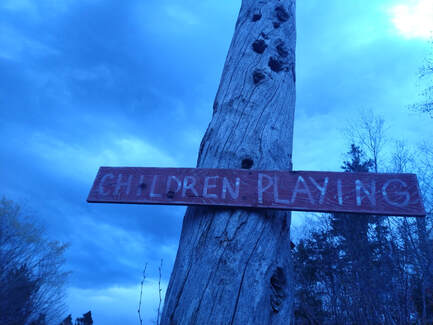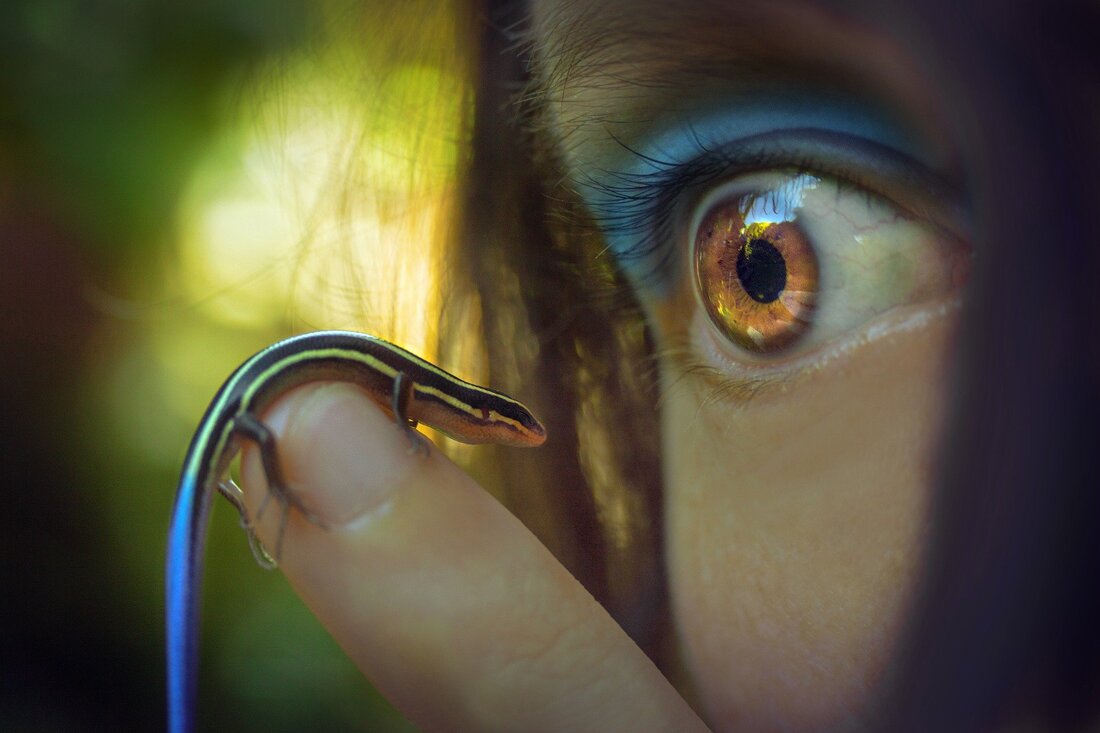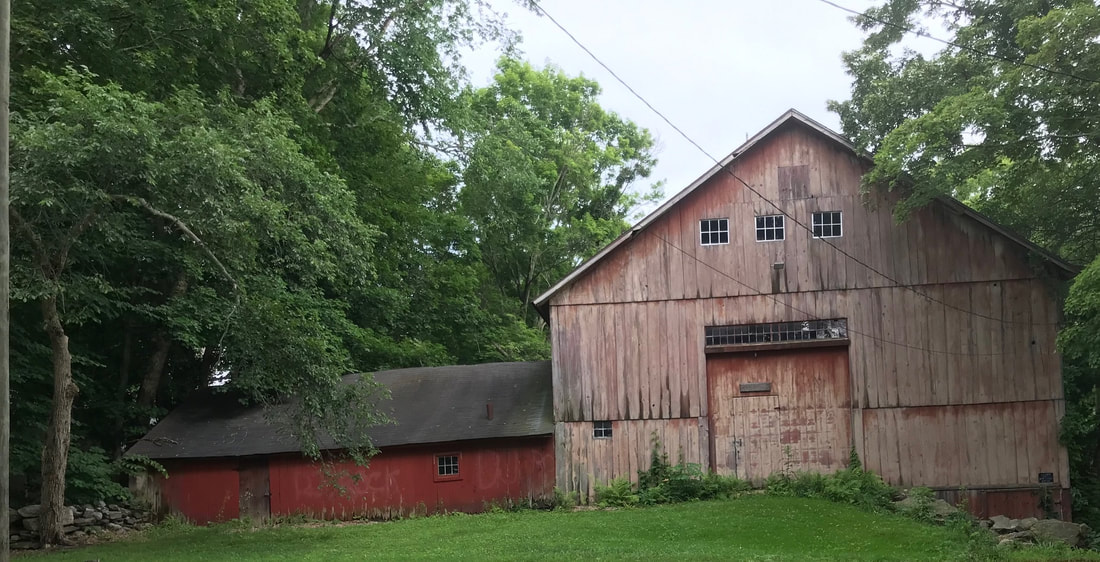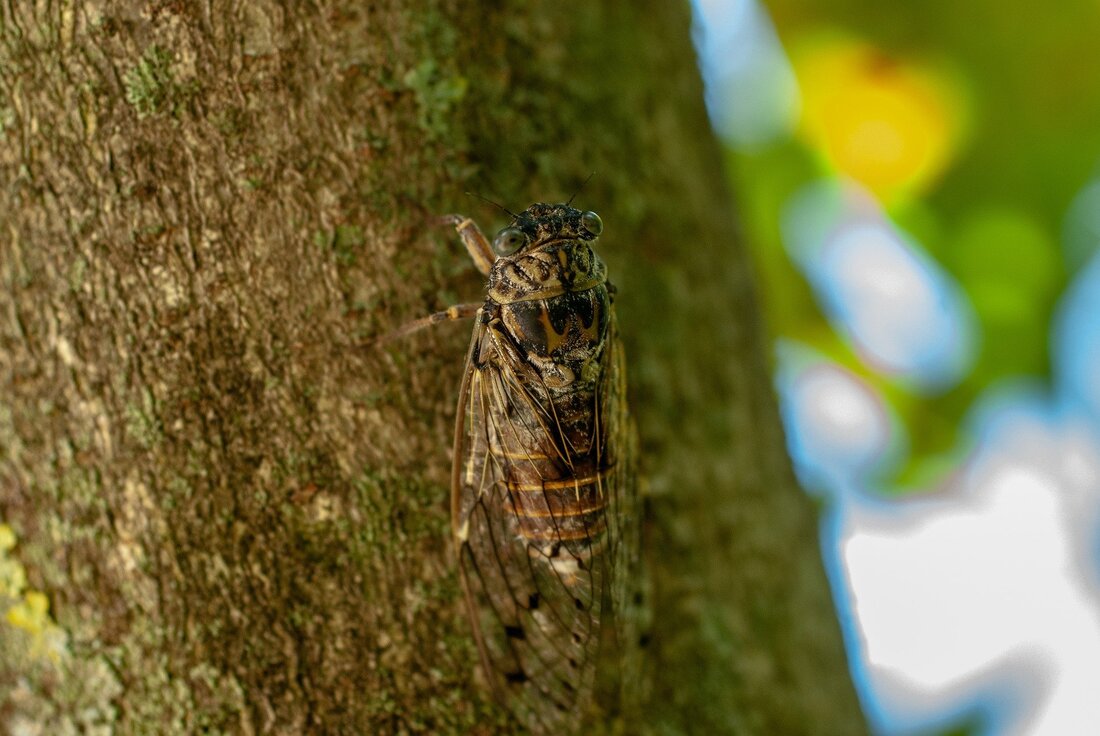ScribesMICRO
* * * Managing Editor: Edward Ahern * * *
* Submissions Editor: P.C. Keeler *
* Submissions Editor: P.M. Ray *
* Associate Editor: Alison McBain *
* Submissions Editor: P.C. Keeler *
* Submissions Editor: P.M. Ray *
* Associate Editor: Alison McBain *
Issue # 7
July 15, 2021
Featuring the short scribblings of:
* RC deWinter * Priscilla Goins *
* Lee Hammerschmidt * Reed Ide * Jenny Jordan *
* Melissa Marie Keeping * Shoshauna Shy *
* Rosemary Williams * Thomas Willman *
* Holden Zuras *
* RC deWinter * Priscilla Goins *
* Lee Hammerschmidt * Reed Ide * Jenny Jordan *
* Melissa Marie Keeping * Shoshauna Shy *
* Rosemary Williams * Thomas Willman *
* Holden Zuras *
Featured Author
Interview with Reed Ide
Welcome to our seventh issue of ScribesMICRO. I’m associate editor Alison McBain, and our interview today is with our featured writer Reed Ide, author of the creative nonfiction piece “Thoughts Waiting for the Pulmonologist.”
Reed Ide is a retired writer and editor whose career spanned newspapers, magazines, collectibles, history, and travel.
Reed Ide is a retired writer and editor whose career spanned newspapers, magazines, collectibles, history, and travel.
|
That is a difficult question, given that it all happened in 1962, a year before the Surgeon General’s frightening report on smoking. Knowing myself (as I do), I probably would have put the kibosh on any barn-located smoking and would have threatened to call the parents of all involved if I so much as sniffed a whiff of tobacco smoke. I would, however, still have done this over a breakfast meeting. Today, having COPD, I would certainly communicate a much stronger negative view on smoking, and would take more stringent steps with parents to bring it to a halt. I love the character of Maggie. In micro pieces, it’s hard to give much character background or description, so I invite you to tell us a bit more about her and the town—with the mention of “barn,” I’d definitely peg this as small town or even more rural setting. As to Maggie, for example, why was she seen as wielding “fearsome powers?” Is there another time where she was on the wrong side of the punishment (from a teenager’s perspective, at least)? The town of Woodstock, CT is, indeed, a rural oasis. In my childhood, it was a strong dairy farming town. Maggie was a McClellan by her first marriage, having wed John McClellan, a man in a long lineage across centuries. According to Wikipedia, one Samuel McClellan settled in Woodstock at the end of the French and Indian War. Maggie, who taught at the private Rectory School in neighboring Pomfret, was a writer herself, having written Winds of Change, a book-length collection of vignettes of town characters and events. Simply put, if you were a friend of Maggie’s you lived a charmed social life in this small community. To my knowledge, the incident I describe was her one foray into adolescent affairs. She died in 1997 at the age of 89. The barn still stands! For readers who enjoyed this story, what is another work of yours to read next? One piece I wrote that has its amusing moments concerns the days when I was editor of the Villager in New York’s Greenwich Village. The doomed Women’s House of Detention, long a source of community controversy, was finally to be torn down in 1973-74. Walking home one summer day, I found the emptied building open and a car parked outside. After a detailed exploration of the old prison, I returned to ground only to discover I was locked inside! The article I wrote in 2013, can be read HERE. |
Fiction
|
Signs of Life by Melissa Marie Keeping There were small, delicate footprints wandering through the ashes that made the mess look like snow from a distance. Rachel turned her gaze toward the sky only to see more grey fluff.
In the distance there appeared to be a telephone pole with a small, wooden sign attached. Rachel walked toward it, leaving prints that were bigger and messier. The sign was coated with ash and Rachel tugged her sleeve over her palm to wipe it clean. The sound of fabric catching on wood echoed in the valley. She squinted as the faded white letters appeared. Children Playing. * * * Melissa Marie Keeping is a writer and mom of four from Halifax, Nova Scotia. Her children's book, Griffin in the Spring, is now available. “Signs of Life” was inspired by the accompanying photograph, which she took in rural Nova Scotia. You can see more of her writing and art at www.melissamkeeping.com.
House Rules by Lee Hammerschmidt “No!” the vacation condo’s manager barked, his stink-eye getting stinkier by the second. “You cannot borrow a screwdriver to repair your drone. Drones are strictly forbidden on the property!”
“Geez, alright,” I said. Man, there’s a harshness on the edge of town. Last time I book with Wazoo Properties. “And by the way,” he said. “No more ukulele playing on the lanai or by the pool. It’s strictly…” “Forbidden?” He nodded yes. “One more thing,” he said, pointing at the NO SMOKING sign. “So, what you’re saying…” “Yes. No drones, no tools, no frets… and you don’t get no cigarettes!” * * * Lee Hammerschmidt is a Visual Artist/Writer/ Troubadour who lives in Oregon. He is the author of the short story collection, A Hole Of My Own. Check out his hit parade on YouTube!
|
Stalking Fears by Holden Zuras She walked down the street with her date. She didn't like the movie they’d watched, but she’d picked it, so she couldn’t complain. She had picked her date out too, all two hundred sixty pounds of him.
The shadows on the darkened street scared her. She didn’t like being outside at night, and briskly informed her date of the fact. He calmly assured her that she was safe with him. She felt better for a moment, but her anxiety soon returned. “What’s your worry, girl?” asked her date. “You're safe. I’m here with you.” “I know,” she responded. “That’s why I’m scared.” * * * Holden Zuras is a writer and musician from Maine. He has been published by Ghost Orchid Press and Idle Ink.
Payback by Shoshauna Shy The white-bearded man had already twisted the nurse’s wrist hard enough to bruise when he threw his saucer of butterscotch custard. It left a patch of brown goo on the adjacent wallpaper as it crashed to the floor.
His wife Joyce hid a smile behind her lunch napkin. This aggression got him moved to the Cotlet Wing, which meant Medicare would now fully cover what turned out to be his last month at hospice. Joyce let the staff believe that the new medication his doctor had prescribed was to blame. About time her husband’s temper got her something expensive for free. * * * Author of five collections of poetry, one of Shoshauna Shy's flash fiction stories was nominated for a Pushcart Prize, and then won a page in the forthcoming Best Microfiction 2021 series by Pelekinesis Press. She was also one of the seven finalists for the 2021 Fish Flash Fiction Prize out of County Cork, Ireland.
|
|
Neobiota by Jenny Jordan A week after an alien attack decimated his crew and starship, Commander Mullens discovered Ana, the only other survivor.
In the perpetual darkness of failing life support systems, passion eventually replaced protocol. Now, months after drifting through space, Mullens knelt beside Ana as she gave one final push. He would risk a systems drain just to see his child’s face. “Computer, turn on the lights.” Ana’s scream tore through the ship as Mullens watched new life emerge. He froze, seeing his child and its mother for the first time, and their matching reptilian eyes. Ana smiled. “Computer, turn lights off.” * * * Jenny Jordan’s micros have appeared in several twitterzines and been published in a Folded Word anthology. She recently returned to Canada to challenge the belief “you can’t go home again,” and unlike most of her characters, Jenny is living happily ever after. Follow her at thepixypath.com.
|
Creative Nonfiction
|
Thoughts Waiting for the Pulmonologist
by Reed Ide The ancient barn near school was perfect for freshmen learning to smoke. Seven teenagers, including myself, gathered before classes to “practice.”
It lasted two weeks—until the principal’s secretary interrupted algebra class to hand me an invitation from Maggie Tourtellotte for breakfast the following morning. Maggie, a town “elder,” wielded fearsome powers. Quaking, seven miscreants rang her doorbell. Maggie provided ashtrays amid coffee, juice, and pastries. Everyone lit up. A revelation: Maggie owned “our” barn, and she offered a compromise, precluding a barn burning. Her patio, she said, was ideal for our smoking – a handsome offer in 1962. All agreed. * * * Reed Ide is a retired writer and editor whose career spanned newspapers, magazines, collectibles, history, and travel.
The Cover Up by Thomas Willman What separates man from the animals isn’t intelligence or an upright posture or language or an opposable thumb. It’s costumes.
We learn from birth that we’re supposed to be diapered and onesied. Booties to shoes, undies to Depends, uniforms, wedding gowns, spandex for faux-nude gym visits: we develop and decline under wraps. More than theft or murder, we shun being naked to the world. Condoms for sex, medical masks for shopping, braces, girdles, support hose, and padded bras. And, of course, we judge each other by what we’re hiding under. Our costumes inflict a self-applied judgement by others. Nudism anyone? * * * Thomas Willman was an orphan who is now the proud father of five children. He started his writing career at seventeen, producing blurbs for porn sites, but has since moved on to literary fiction and poetry. He smilingly says that he didn’t need to alter his writing style. Tom also writes genre fiction under a nom de plume.
|
Poetry
|
ebb tide by RC deWinter as i lay fading in the twilight of time
i open my hands to see what i’ve saved of the world a brittle rosebud from a forgotten bouquet a seashell whispering the ocean’s secrets a ring that lost its pearl the solitude of the sky the voice of the wind a feather from a broken-winged bird a dead boy’s song a dead man’s smile coated with the finegrained sand of sorrow all wrapped in a tattered swath of violet silk stolen from a rainbow i don’t remember life in a handful not of dust but the remnants of ecstasy and heartbreak and all it means to have lived * * * RC deWinter’s poetry is anthologized, notably in New York City Haiku (NY Times/2017), Coffin Bell Two (Coffin Bell/2020) in print: 2River, Adelaide, Event, Genre Urban Arts, Meat for Tea: The Valley Review, the minnesota review, Night Picnic Journal, Prairie Schooner, Southword among many others and appears in numerous online publications.
|
Cicadas by Priscilla Goins The Cicadas are screaming
They are awake They’re searching for love Or to finally be heard And I envy them, really For reasons I don’t understand Maybe it’s the rest Or the clear purpose of their waking That they know what to do And they do it unapologetically With such efficient force That the whole world takes notice The Cicadas are screaming And they’ll continue their calls Unmoved and unhurried Emerging from the ground Reminiscent of Adam Straight to their work Singing out with their brood The cicadas are screaming Or is that me? * * * Priscilla Goins pulls inspiration from the nature that surrounds her, as well as the mundane and surreal, to tell stories that are relatable, familiar, welcoming, and affirming. When she isn't writing, she can be found on Twitter talking about writing. A native of East Tennessee, she lives in Knoxville with her amazing husband and two precious kids.
|
|
Why Did I Go There by Rosemary Williams Why did I go to:
Israel, to meet my lover. Italy, to eat. Haiti, to bring radio parts for a women’s radio station. Guatemala, to visit Mayan weavers. Kenya, to teach widows about money, orphans about photography, and shoot a film. The hospital, to birth my babies, to stop the hemorrhage, to visit my uncle, who never came home, to visit my mother, who never came home, to visit my lover, who never came home. The cemetery, to bury my mother, to bury my friend’s mother, to bury my lover’s mother, to bury my lover. * * * Rosemary Williams, a former banker and financial planner, is Founder and Executive Director of Women’s Perspective. She creates and conducts workshops, classes, and retreats and has designed transformational travel programs to Haiti, Bosnia, and Kenya. Her book, A Woman's Book of Money and Spiritual Vision is available on Amazon.
|
|
The Poets' Salon
If you're looking for more poetry, including a place to read your work, receive critiques, and explore poetic forms, check out The Poets' Salon. Two editors of ScribesMICRO, Edward Ahern and Alison McBain, run this free poetry workshop. Meetings take place on the second Saturday of every month from 10 a.m. to noon EST via Zoom. More info, including how to sign up for the poetry workshop, can be found on The Poets' Salon website or via Meetup. |












